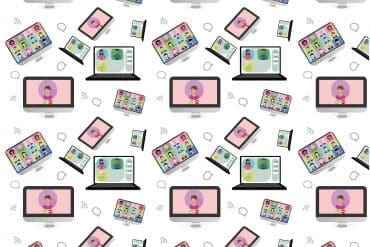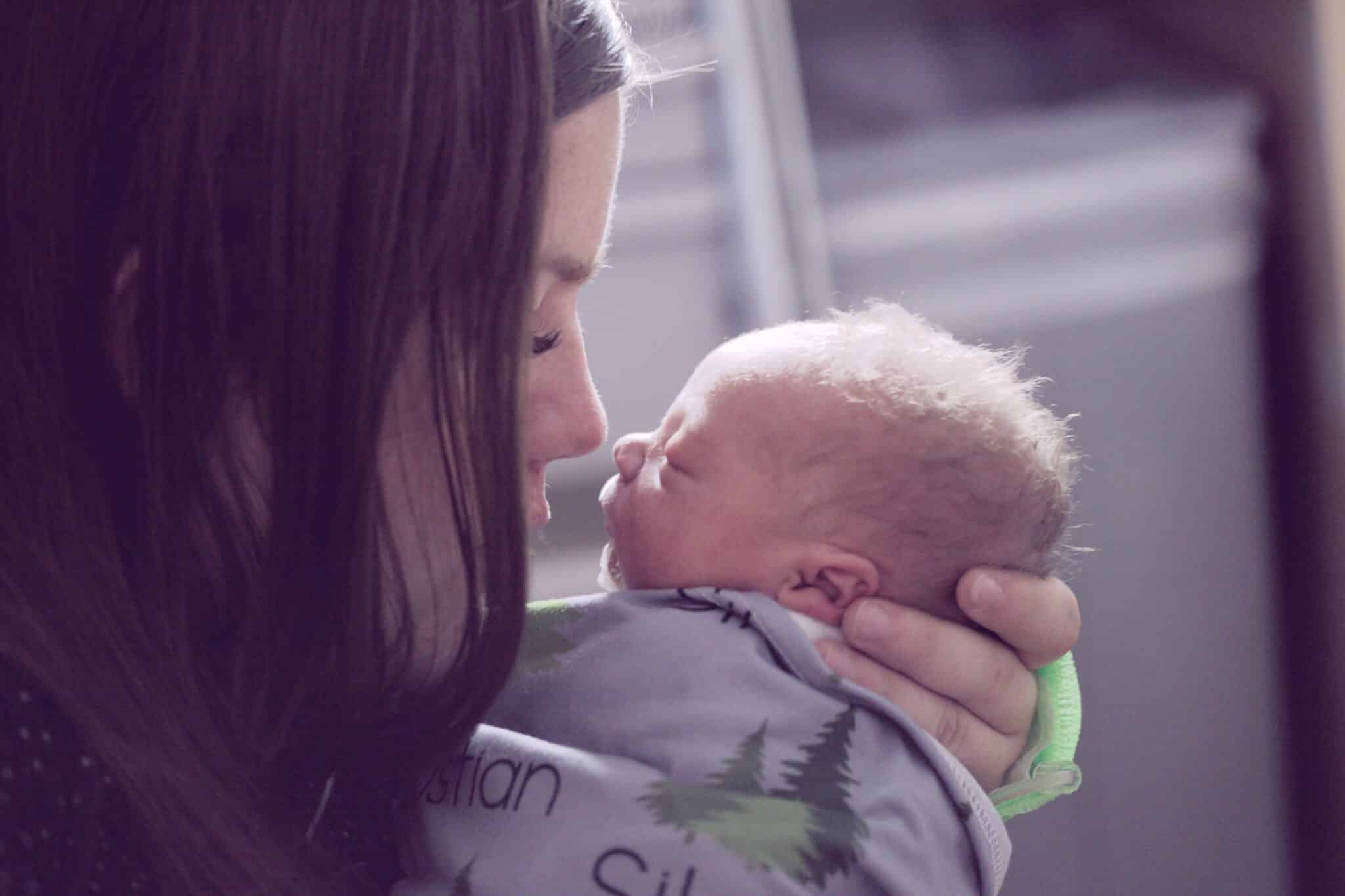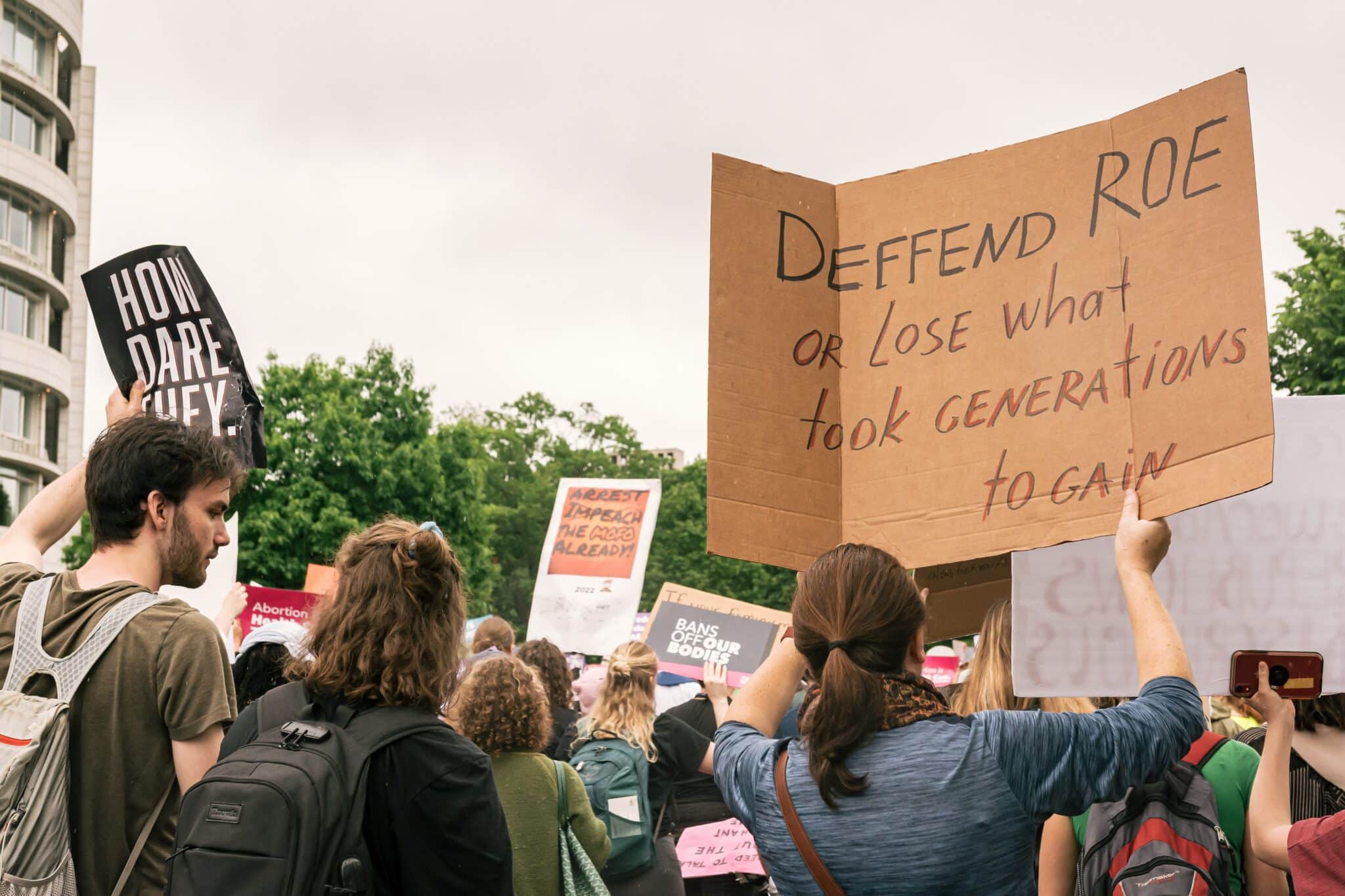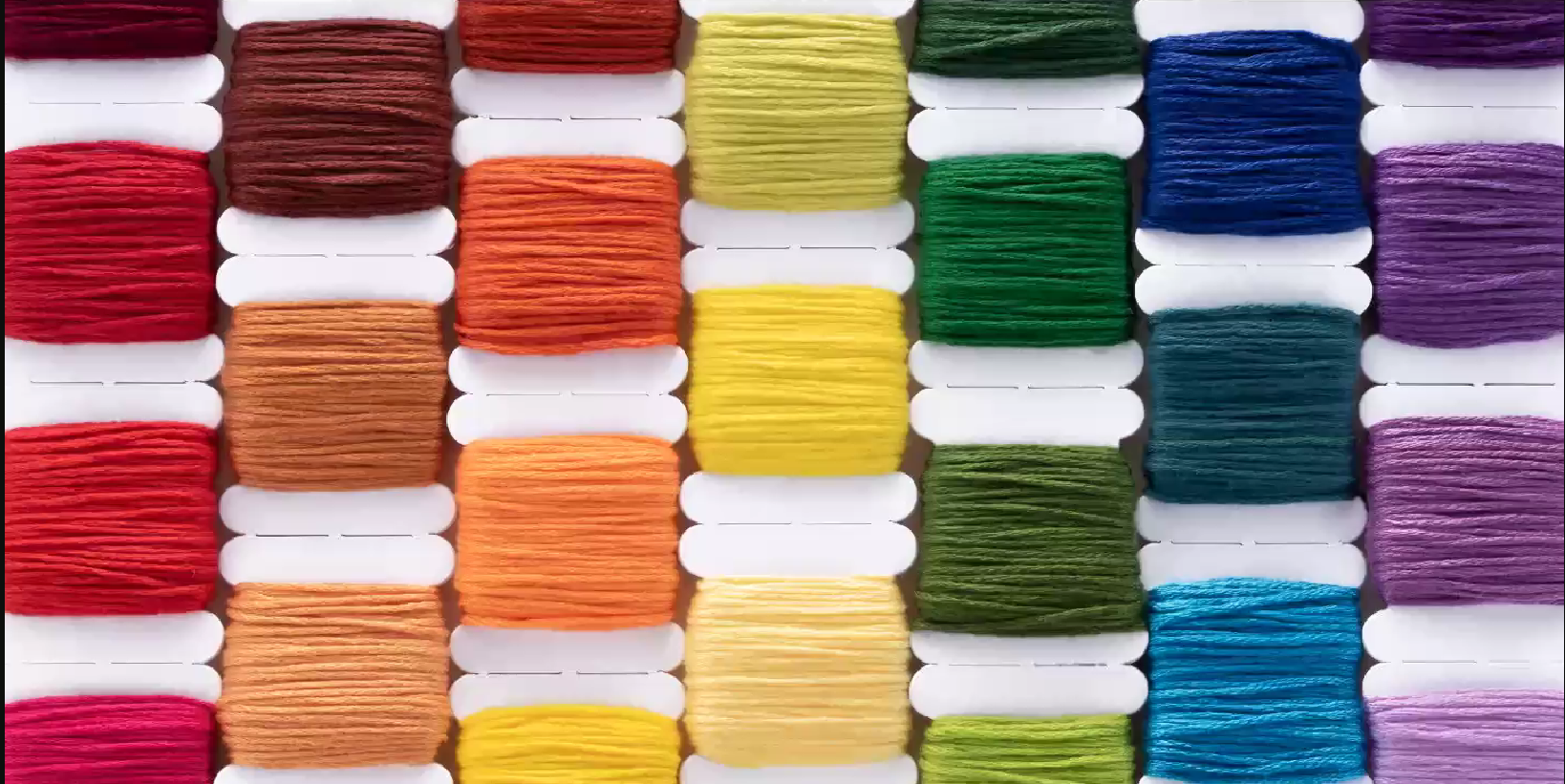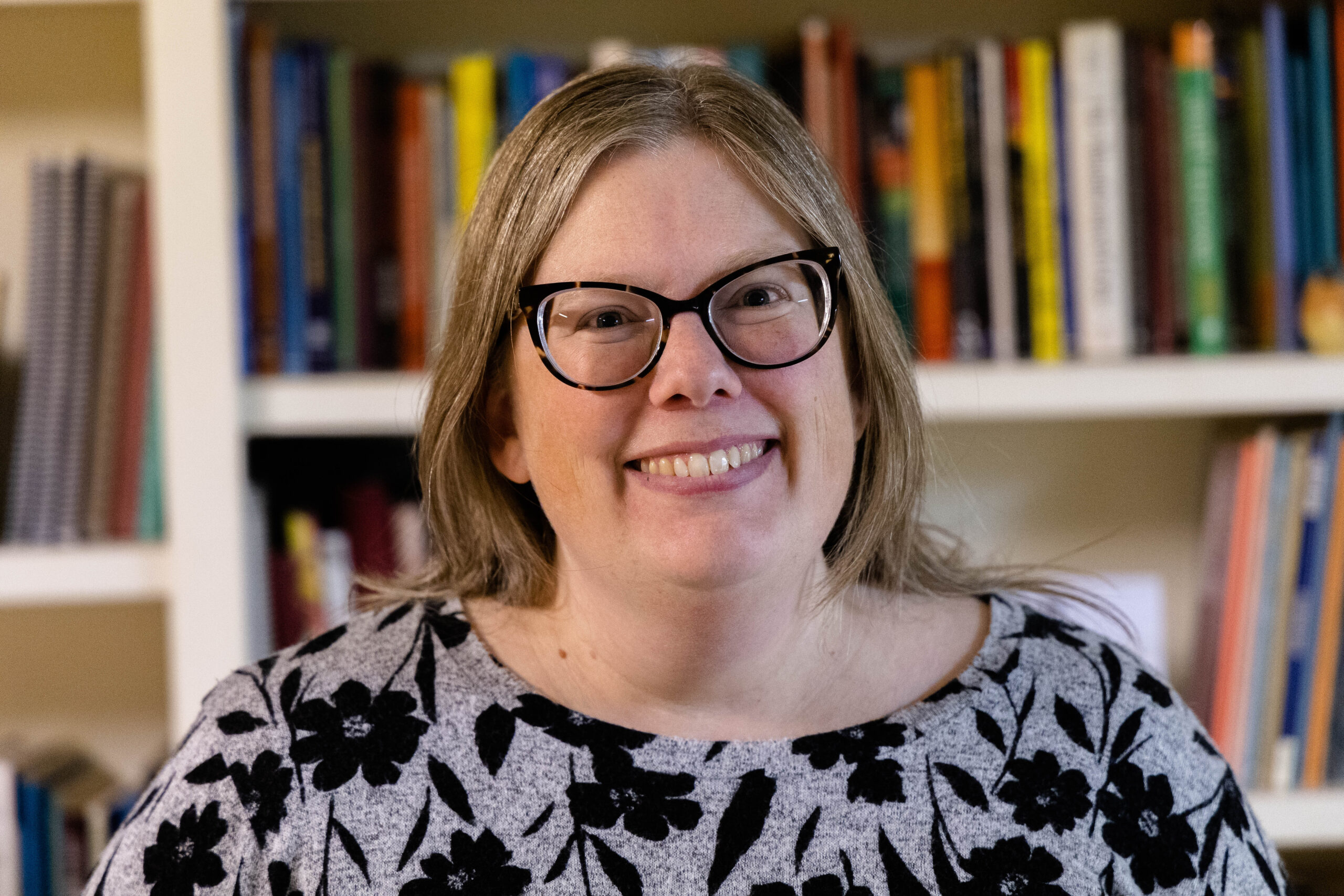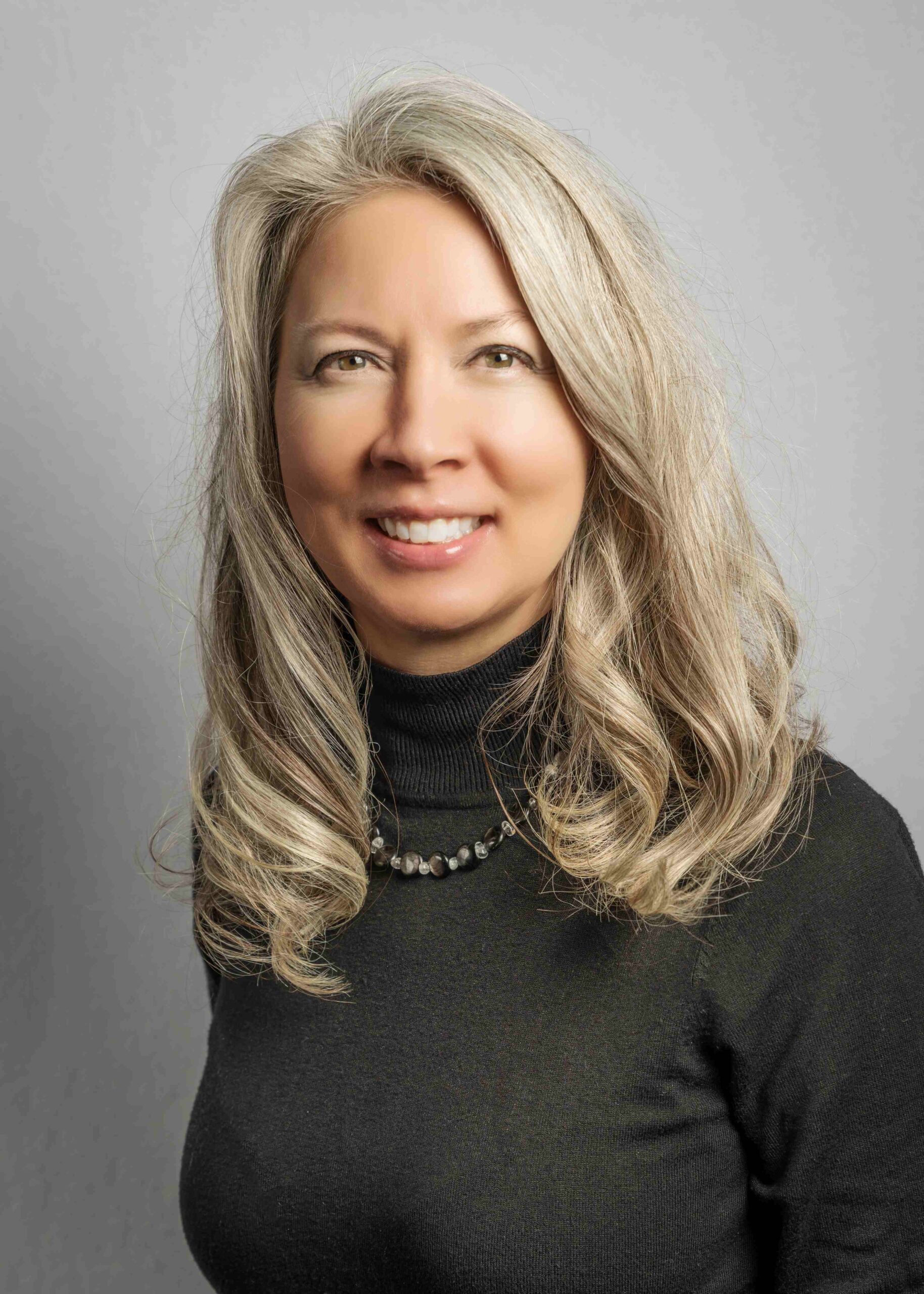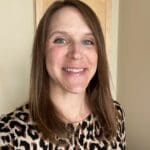Entanglements of the Mind, Soul, and Body: A Collage
Artists’ Memo
“Entanglements of the Mind, Soul, and Body” details our journey as researchers utilizing narrative collage and collage portraits as a tool for data analysis. We chose collage to help us make sense of the complexity of perspectives arising in the study. In the video, we braid our experiences as researchers together to explore what we learned about our roles in this work.
As literacy researchers, we recognize the entanglements of our minds, souls, and bodies as we live our research. We embarked on this journey of examining the entanglement of research by creating autoethnographic collage as a form of data analysis. After several years of participating in a community engaged scholarship (Boyer, 1996) project, we wanted to venture into autoethnography to look at our experiences as researchers alongside those of teachers during a time of change in accountability measures. This project centers an “underperforming” high school in a mid-sized city in the southwest United States. In the 2022-2023 school year, all public schools in the state experienced the disruption of a newly formatted end of year state high- stakes assessment. The House of Representatives mandated these changes in format and despite the changes, the state determined that accountability standards and ratings would still apply.
“Entanglements of the Mind, Soul, and Body” details our journey as researchers utilizing narrative collage and collage portraits as a tool for data analysis.
In other words, a new test but with no time to adjust. For this high school, any changes in these high-stakes tests brings a great deal of consternation. Teacher attrition has always been a difficulty in this school, and just like the rest of public schools in the United States, teachers report even greater levels of burn-out, which leads to even higher rates of attrition. The state’s response to this teacher shortage is to make pathways to the teaching profession easier, allowing for more people to become certified more quickly, rather than considering what should be done to keep and maintain the teachers who are already qualified and in the profession.
As researchers deeply embedded in this school and the research, we not only observed the effects of these changes, but experienced them viscerally as well. As we continued our traditional qualitative data collection methods of field notes, focus groups, teacher interviews, and writing surveys, we felt this gap between what we could capture through these methods and what we were experiencing. Likewise, in the past few years we had found portraiture (Lawrence-Lightfoot, 1983; Lawrence-Lighfoot & Hoffman Davis, 1997) to offer some intriguing possibilities for a new methodological lens for our work.
We chose collage to help us make sense of the complexity of perspectives arising in the study. In the video, we braid our experiences as researchers together to explore what we learned about our roles in this work.
We then stumbled upon the analytical method of collage portraits (Gerstenblatt, 2013) and narrative collage (Kostera, 2006) as a form of both data collection and analysis, and were immediately taken by the aesthetic and emotive component to consider our research. As we created our collages, all of our entanglements with this research rose to the surface. What began as a sort of experimentation of this new analytic technique became an autoethnographic excavation of the web of our emotions and thoughts that had remained buried under the traditional forms of data collection and analysis we had thus far utilized. Our research maintained its rigor, following foundational qualitative data collection of field notes, interviews, focus groups, and surveys. Narrative collages allowed us to deepen that rigor through the addition of the aesthetic and the emotional.
What emerged was an accidental autoethnographic exploration of all of our entanglements of researching writing reform in our current political and cultural climate of distrust of public education, which led to a cathartic and reflexive analysis of data enlightening the facets of the researcher.
Credits
Featured image is taken from the video and it is provided by Johanna Keene, Mellinee Lesley and Elizabeth Stewart
Learn More
New to autoethnography? Visit What Is Autoethnography? How Can I Learn More? to learn about autoethnographic writing and expressive arts. Interested in contributing? Then, view our editorial board’s What Do Editors Look for When Reviewing Evocative Autoethnographic Work?. Accordingly, check out our Submissions page. View Our Team in order to learn about our editorial board. Please see our Work with Us page to learn about volunteering at The AutoEthnographer. Visit Scholarships to learn about our annual student scholarship competition.


